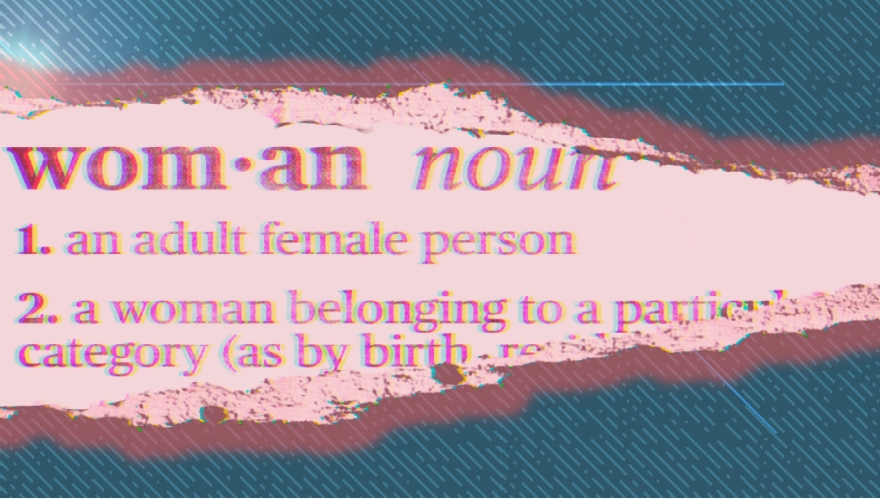The Michigan Supreme Court has ruled that judges are required to use preferred pronouns “or other respectful means” when addressing parties in their courtroom.
The court’s 5-2 ruling made the state the first in the nation with such requirements.
The rule will apply to any pronouns provided, including they/them and other “neo pronouns” beyond the male/female binary.
“History is made by being the first,” Justice Kyra Harris Bolden wrote in a statement about the new requirement. “Adopting this amendment makes Michigan courts more welcoming and inclusive for all.”
She argued that the new policy “merely reinforces what is already required of judges under the judicial canons,” because judges are already required to address people in a “respectful” manner.
Bolden was appointed by Democrat Governor Gretchen Whitmer last November.
According to a report from The Bridge Michigan, Justice Elizabeth Welch said the new rule reflects “changes in language and societal norms” and encourages courts to conduct business in a way “that does not give the appearance of misgendering individuals, intentionally or otherwise.”
“A primary goal of this change is to ensure that the judiciary operates in a manner that is objectively respectful of the individual identity and personal pronouns of the members of the public that we serve, regardless of the subjective viewpoints of individuals working within the court system,” Welch wrote of the decision.
Opponents of the change argued that using chosen pronouns will cause confusion in court records and infringe on free speech and religious expression.
Justices Brian Zahra and David Viviano wrote dissenting statements about how the change “will undoubtedly inflame conflict” and may force judges to violate their beliefs.
“This is a fluid political debate into which our judicial branch of state government should not wade, let alone dive headfirst and claim to have resolved,” Zahra wrote, according to the Bridge report. “Such hubris has no place within the operation of a judicial branch of state government.”
The new rule will go into effect on January 1, 2024. Judges who violate the rule could face sanctions including suspensions or being removed from the bench.

